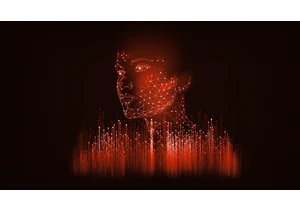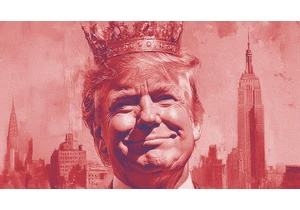Just a few months ago, a TikTok ban was imminent. President Biden signed a bill in April that required TikTok’s parent company ByteDance to sell it or face a ban in the U.S. And many Americans supported the order.
Fast forward to today. Both presidential candidates are actively using TikTok to court younger voters. The D.C. Court of Appeals will hear arguments on September 16 for and against the ban in a case that is almost certain to make its way to the Supreme Court. And that public support? Well, it’s dwindling fast.
A new survey from Pew Research finds that the number of Americans who support the government banning TikTok now stands at 32%. That’s down from 38% last fall and 50% in March of 2023. The number of Americans who oppose the TikTok ban is up to 28%, compared to 22% last March.
Republicans and Republican-leaning independents are far more likely than Democrats and Democratic-leaning voters to support a TikTok ban (42% versus 24%), but even conservative support for the action has dropped considerably, falling from 60% last March. That could be, in part, because of Donald Trump’s declaration that he would not ban TikTok, if elected. Trump, ironically, was the one who got the ball rolling on a TikTok ban when he was in office, issuing an executive order in 2020, which stated in no uncertain terms that the widely popular app was a national security threat.
(Trump’s support of TikTok may be as much a rebuke of Facebook, whose parent company also owns Instagram, as it is a backing of the video-sharing app, though. Trump told Bloomberg Businessweek in July, “I’m for TikTok because you need competition. If you don’t have TikTok, you have Facebook and Instagram.”)
The same Pew survey measured, for the first time, whether Americans thought a TikTok ban would actually happen. Most don’t.
Half of Americans think it’s very or somewhat unlikely that TikTok will be banned in the U.S. Some 31% say a ban is at least somewhat likely, but just 6% believe it is very likely.
Neither presidential candidate is making a TikTok ban part of their campaign stump speeches right now. And both are leaning into the platform. Harris has 5 million followers, while Trump has 10.9 million. Both are using TikTok to humanize themselves to younger, perhaps disenchanted, voters who could be critical in this election cycle.
Harris’s running mate Tim Walz, for instance, appeared on “Subway Takes,” a popular TikTok mini-talk show. (Host Kareem Rhama says he also filmed a video with Harris, but hasn’t posted it, saying her “take” didn’t fit the tone of the show.)
@subwaytakes Tim Walz cares about America’s gutters! #timwalz #subwaytakes #homeimprovement #gutters #hottakes #opinions #election2024 #kamalaharris #minnesota
♬ original sound – Subway Takes
Trump faced off with YouTuber/pro wrestler Logan Paul with a WWE championship belt in the background, before the two began laughing. Both campaigns also welcomed TikTok influencers to their convention as a new sort of outreach to voters.
Beyond the candidates, TikTok users are showing increased interest in this year’s election, with some arranging TikTok battles where people defend their choice of candidate in a method that’s part debate, part screaming match in front of a live, online audience. One college student reportedly makes as much as $7,000 per month from these live matches, as viewers send virtual gifts worth real-world cash to the participants. (Those battles also benefit TikTok, which keeps 50% of the net revenue from the purchase price of those gifts.)
There’s a reason both campaigns are leaning so heavily into TikTok, even as the government tries to ban it. A 2023 survey from Pew found that almost half of Americans get their news from social media, with one-third of people under 30 saying TikTok was their primary source of information.
Login to add comment
Other posts in this group



As I write this, the most pleasing sound is washing over me—gentle waves ebbing and flowing onto the shore. Sadly, I’m not actually on some magnificent tropical beach. Instead, the sounds of the s

The relentless hype around AI makes it difficult to separate the signal from the

I don’t know about you, but I tend to think about my favorite tech tools as being split into two separate saucepans: the “classic” apps we’ve known and relied on for ages and then the newer “AI” a

The official White House social media account is under fire for posts that resemble something typically found on the internet forum 4chan.
A post shared on February 14, styled like a Val

The prospect of banning the sale of so-called
